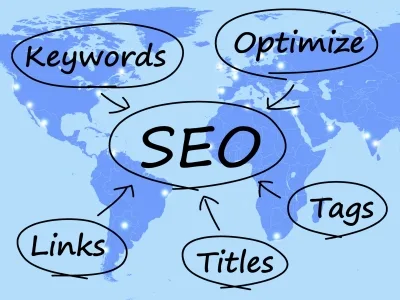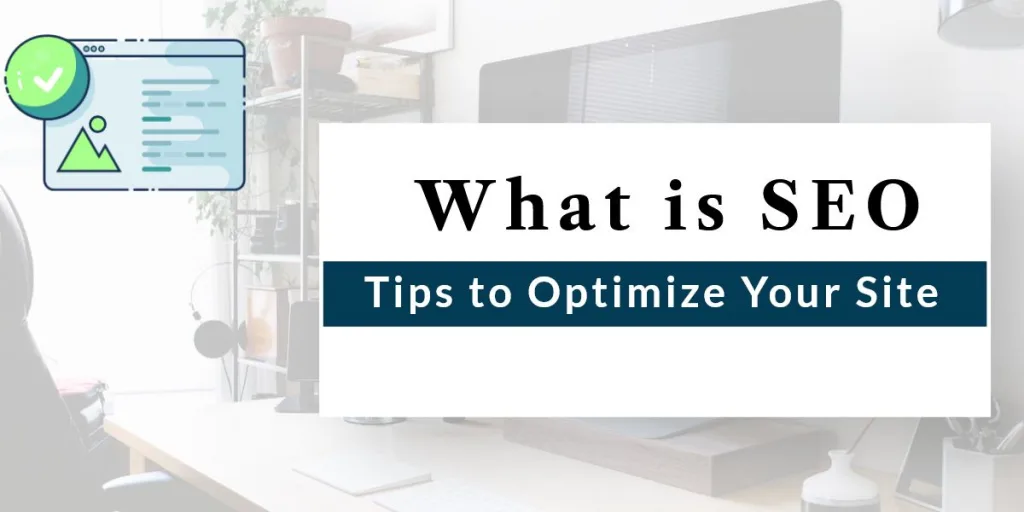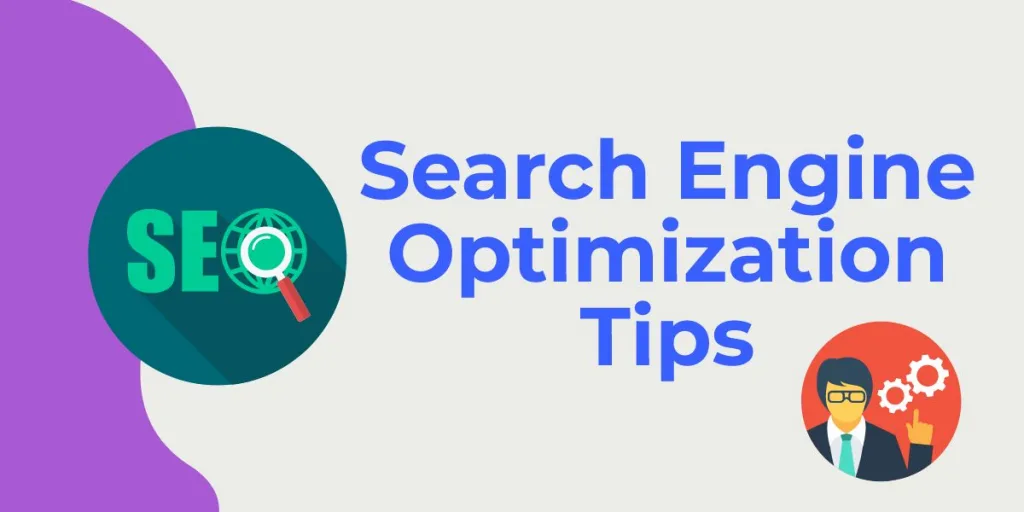A basic SEO (Search Engine Optimization) is critical for success of your website. An absolute essential. SEO positions your website at the proper position in search engine rankings for people to find it at important times of making purchases or when they are looking for information.
What is that, search engines are looking for in a website? What is the best way to build a website which is not only useful for your users. But also loved by search engines like Google, Bing and others. And most important of all, how can SEO boost your web footprint to make your business more profitable?

To start with be in no doubt that SEO can deliver extreme value to your website. And with very basic Search Engine Optimization you can reap benefits for your website.
Please read below to get an introduction to SEO which lists the basic important reminders. Which even very experienced SEO companies and professionals ignore even after being in business of optimizing websites for many years.
So What is SEO , to be Exact?
Let’s start by being very straightforward that the purpose of basic SEO is not to trick the search engines. The main goal of Search Engine Optimization is to :
- Provide user with an excellent experience
- Sending signals to search engines that your website and content can be trusted for recommending in the search queries by users.
1. Content is the King
The content, content management system, overall architecture are the fundamental factors underlying any SEO strategy and backlinks, social media presence and paid search are all icing on the cake. If you don’t use these embellishments, people will consider your cake boring and tasteless.
2. What are Search Engines in Search of
Search engines try to attain perfection in recommending users to content and websites which are most relevant to the search queries of the user. So how they determine the relevancy of a site or content?
- Content: This is a determining factor and includes the text written on page. The titles and subtitles used and the descriptions of the subject.
- Performance: The site loading speed and how fast is it and is it working properly?
- Authority of Site: Is your website of the quality that other websites link to it and other related authoritative sites use it as a reference?
- User Experience: How is the general appearance and feel of the site? Is the navigation really easy? Does it appear to be a safe site? Is the bound rate too high?
3. What Search Engines are not in Search of
In order to remain efficient, search engine spiders store a limited amount of data. Therefore, if you try to use shady tactics and make efforts to trick them. There are high chances that your site will get hurt in the long run. Listed below are the elements that search engines prefer not to find on your website:
- Paid Link: When we are talking about SEO, purchased links will not help you at all. So we warn you stay away from this.
- Keyword Stuffing: Overusing the keyword on your pages.
- Poor User Experience on site: Try to make it easier for the user to navigate around on your website. By having too many ads and by making it difficult for users to find real content. Your bounce rate is increased. Know your bounce rate because it will help you in getting a lot more other information related to your website. For example, a bounce rate of 80 percent or higher is an indicator that there is something wrong with your website.
4. Be Sure of Your Business Model
It sounds really simple but you will be amazed to know how many people are not sure of their goals. Here are a few questions that you need to ask yourself:
- What will mean a conversion in your case?
- Is your sale product just impressions or real clicks from people?
- What are your main goals?
- Are you aware of your assets and liabilities?
5. Always do Multi-Channels Optimization
Keyword strategy is just one factor for implementing on site. But you should also work for other off-site platforms and here is when multi-channel optimization comes into play. Some of the multi-channel platforms are:
- TV ads or radio and other offline methods
If will be a great help in your branding efforts if you remain consistent in your use of keyword phrases across all these channels. It will also educate users to use the exact queries to use for finding content of your website.
6. Intelligent Domain Names Selection
Domain names are critical for the overall structure of your website. And it is a best practice to use categories (yoursite.com/great) and not sub-domains (great.yoursite.com). A few other best practices related to domain names are given below:
- Consistency in Domains: Ensure that www.yoursite.com redirects to yoursite.com and vice versa because if you do not do this, the search engines will be seeing two versions of your website. This is not desirable for your SEO efforts and will decrease the value of your inbound links because the external websites link to both yoursite.com and www.yoursite.com.
- Old Domains are Gold: Starting your website by using an old domain is better than new one. But in that case please ensure to research that the previous owner of the domain was not involved in any shady business practices. And the domain is not penalized in the search engines.
- Use Keywords in URL: When you have keywords in the URL which you are trying to rank for. It helps in the overall search ranking.
7. SEO Optimization for Different Result Types
Ensure that your website is optimized for user experience on not only desktop. But also for mobile and tablets as well as other other rich media.
- Rich media content like videos make it easier to rank for the video on the first page. Than the normal page having just plain text.
- Also focus on optimizing your non-textual content so that search engines can see it. If your website has PDFs and Media content. Try to research the best SEO practices for this type of content to help the search engines crawl your such content and credit you for this.
8. Meta Data is Important for SEO too
All content on your website should be having suitable title tags and rich meta description.
- Most search engines ignore meta keywords these days. But if you really want to use these, ensure that these are properly formatted and are relevant to content of the page.
- Meta descriptions should also be unique for that page. Use of duplicate meta descriptions on multiple pages are not going to give you good results.
Also ensure that your title tag is unique. Your title is like an 8 word ad and try to best to convince the reader into clicking on it and reading more.
In Short
Always try to treat SEO as an important factor and never follow practices that are not best practices. By ignoring the basics of Search Engine Optimization. You are going to hurt the basic foundation of your site which will eventually translate into less revenue and sales from your site.



